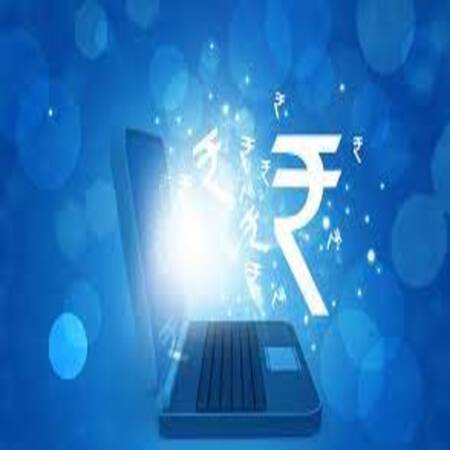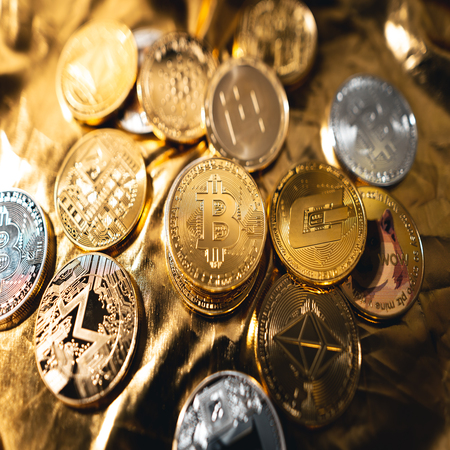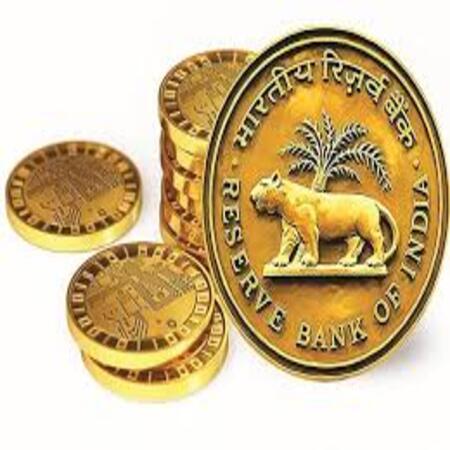
Is Digital rupee the future?
To boost India’s digital economy, RBI is coming out with the digital rupee or Central Bank Digital Currency (CBDC). The concept of the Digital Rupee presented at the Union Budget 2022-23 by Finance Minister Nirmala Sitharaman is meant to take some inspiration from cryptocurrencies like Bitcoin, but with the regulations of the central bank.
According to the finance minister, Digital Rupee or CBDC will work “using blockchain and other technologies”. So that is one aspect that all the cryptocurrencies share with the upcoming digital currency of India. The other is the problem it means to solve – India’s digital currency will “lead to a more efficient and cheaper currency management system,” the minister highlighted.

With such benefits leading to projected growth in India’s digital economy, the budget plans for 2022-23 mention the launch of the Digital Rupee, issued by the Reserve Bank of India. This last bit of information seems to be the only big difference between the CBDC and Bitcoin or some other cryptocurrency, even though their purpose of existence might be the same.
RBI defines CBDC as a legal tender issued in a digital form. CBDC will bring with it, all the benefits that we see with cryptocurrencies as well as digital forms of payments. A digital currency can never be torn, burnt or physically damaged. They cannot be physically lost either. The lifeline of a digital form of currency will thus be indefinite as compared to notes.
The shift to digital forms of payments will bring its own set of benefits. As transactions will go digital, the government will save on the cost of printing currencies. The transactions will be instantaneous and will be accessible in more remote areas.
Lorem ipsum dolor sit amet, consectetur adipiscing elit. Ut elit tellus, luctus nec ullamcorper mattis, pulvinar dapibus leo.

The Digital Rupee will bring with it, one more huge advantage with respect to cryptocurrencies. It will be regulated by a central body, mitigating the volatility risk associated with other such digital currencies like Bitcoin.
Digital Rupee and Bitcoin
There is now little left to differentiate between the two. Blockchain technology is decentralised, meaning that all its information is stored across a network of computers. This brings increased resilience to the data against errors as well as cyber threats.
Digital Rupee will have a slightly different version of this. Since the currency will be regulated by the RBI, it will not be truly decentralised. Meaning there is, in fact, one entity controlling its issuance and distribution.
